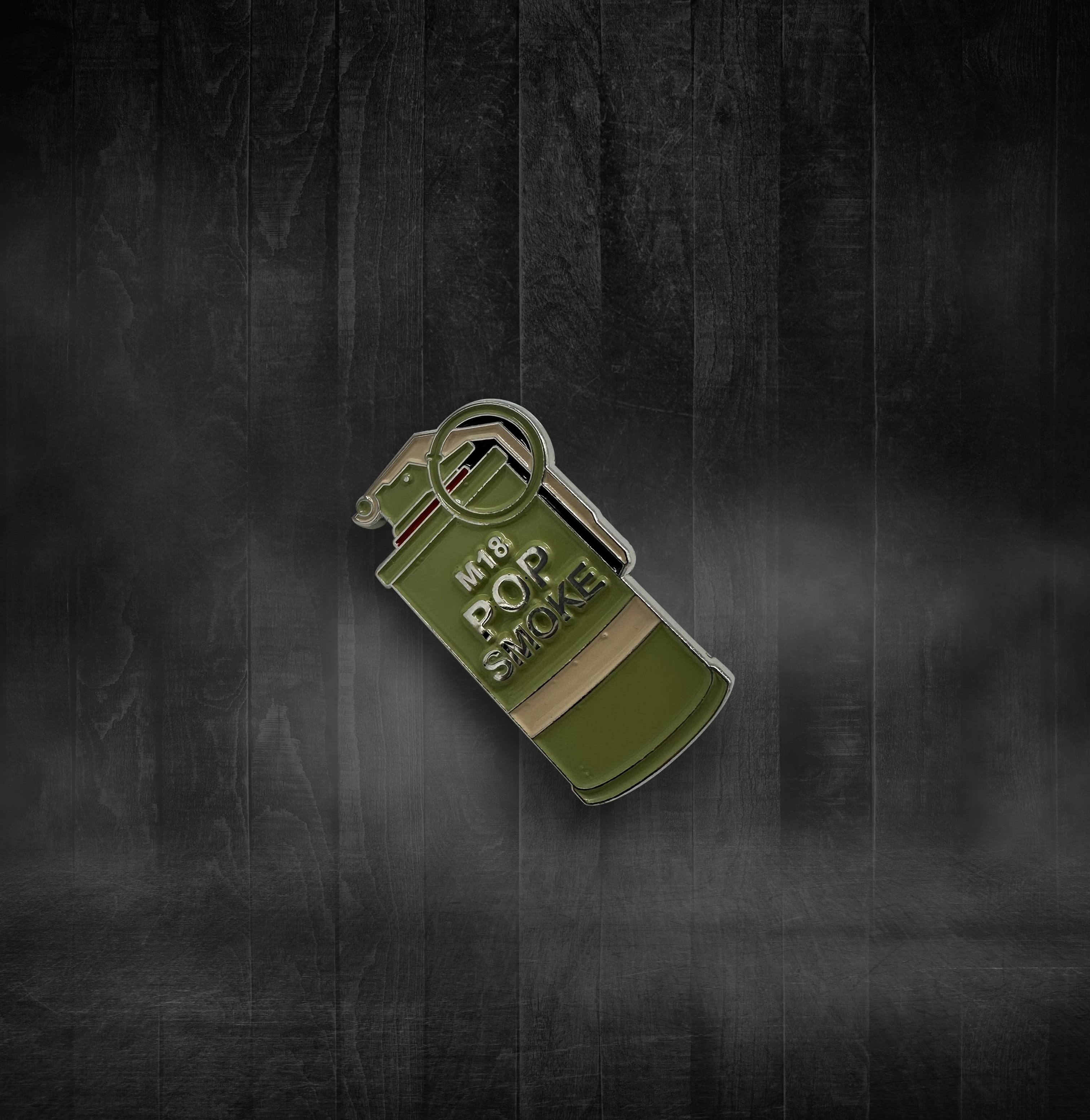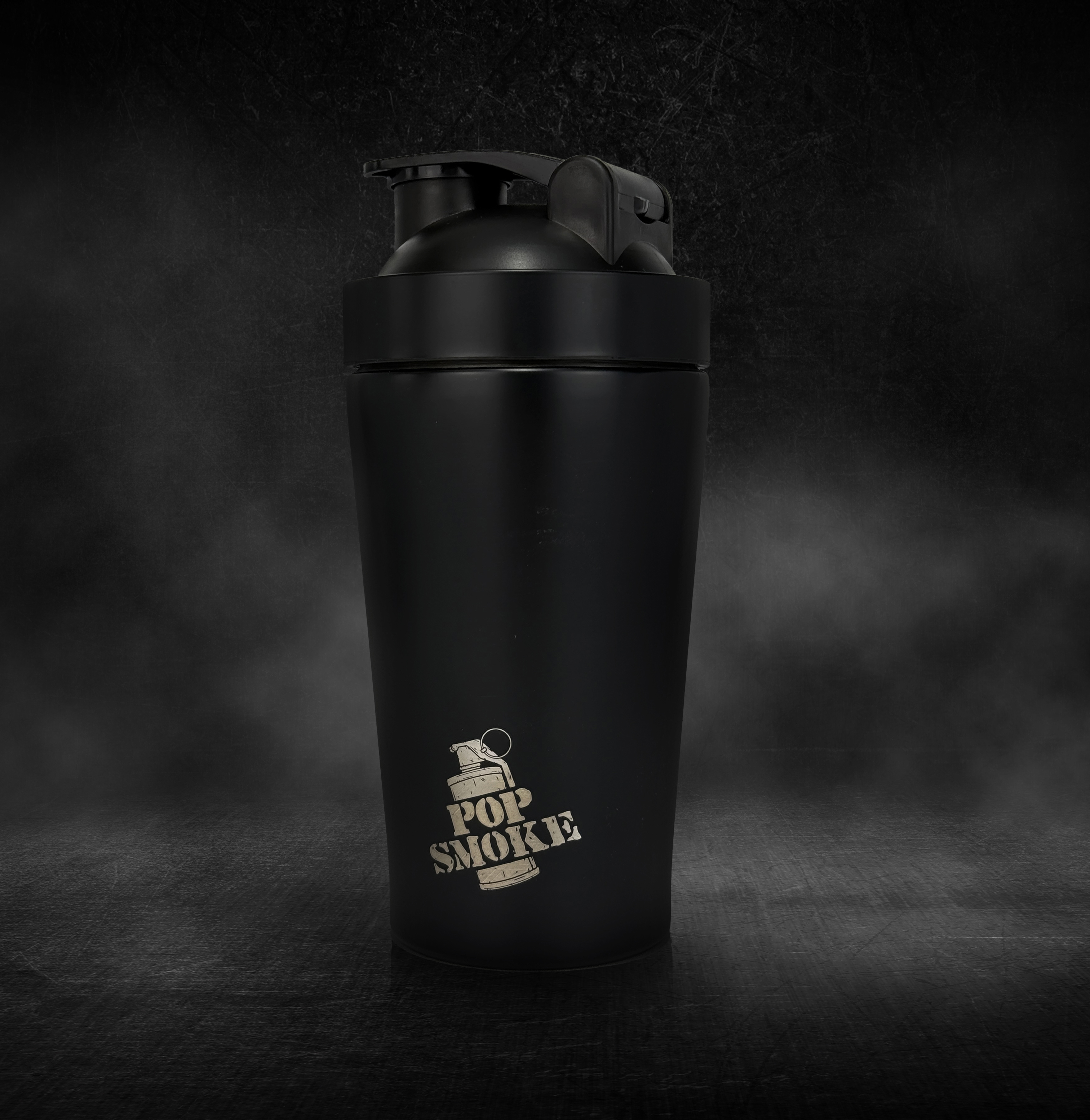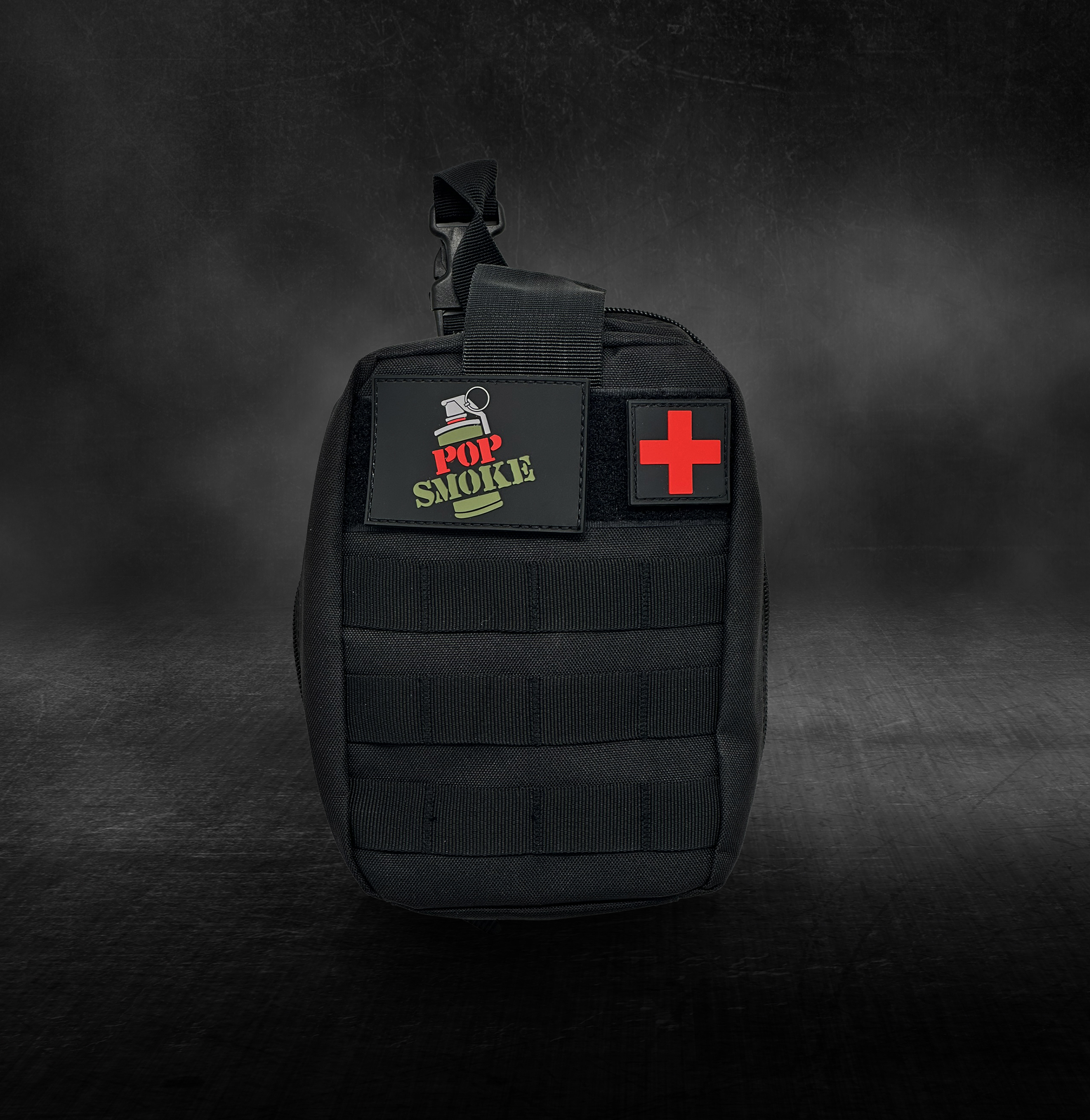Marine officer simultaneously battles burn pit legislation and cancer
Marine Corps veteran, Dr. Kate Hendricks, has been advocating for burn pit legislation for years.

Dr. Hendricks graduated from Marine Corps Officer Candidate School in late August of 2001. Hers was the last graduating class of Marine Corps officers to be commissioned before the US entered into the 20 year war in Afghanistan.
Joining the Corps as a Marine police officer, Hendricks deployed to Iraq with the security team she commanded. For months out of that first deployment, she lived, worked, ate, and conducted PT in close proximity to one of the many burn pits in Fallujah.


Balad, Iraq -84th EN Bn manages trash at the burn pit. Photo Courtesy: 28th Public Affairs Detachment
According to Kate, the thick black smoke from the burn pit often filled her living quarters and her lungs while eating, running, and sleeping.
“Most of the time when I was at Fallujah, I didn’t think about any kind of toxic exposure risk,” she said. “I knew we had a burn pit. I knew when we cleaned out our AC unit it was full of black stuff, and we all kind of joked that’s what we’re breathing, isn’t that gross.” – Dr. Kate Hendricks
Kate separated from the Marine Corps after six years of service. Longing to continue advocating for veterans, she attended the University of Alabama where she earned a doctorate in public health. She has since authored four books focused on veteran mental health and resilience.
According to her best friend, Mindy Beyer, Kate’s mantra was “Leaders have a responsibility to inspire.”
In 2018, while in a routine visit with her doctor, Kate was convinced by a physician’s assistant to allow them to “run some scans.” Initially Kate was hesitant, but the PA insisted.
According to Kate, the PA said, “I want you to go get a mammogram based on where you’ve been stationed… we’re seeing a lot of breast cancer in veteran women — I want you to go.”
The results of the scans were catastrophic – every bone in her body contained metastases from what started as breast cancer. It took three years of treatment, chemotherapy, radiation, and intense fighting. After suffering for years physically, mentally and emotionally, the VA finally acknowledged that her illness was service related.
Kate went into hospice last week. According to her doctors, Kate has two to three weeks to live.
Update April 5 2022: A statement from Kate’s family read, “Kate passed away peacefully this afternoon surrounded by her husband, brother, and parents. She lived 42 years, fought cancer for 4 years and 3 months, married for 7, and a mother for 7.”
















Conversation